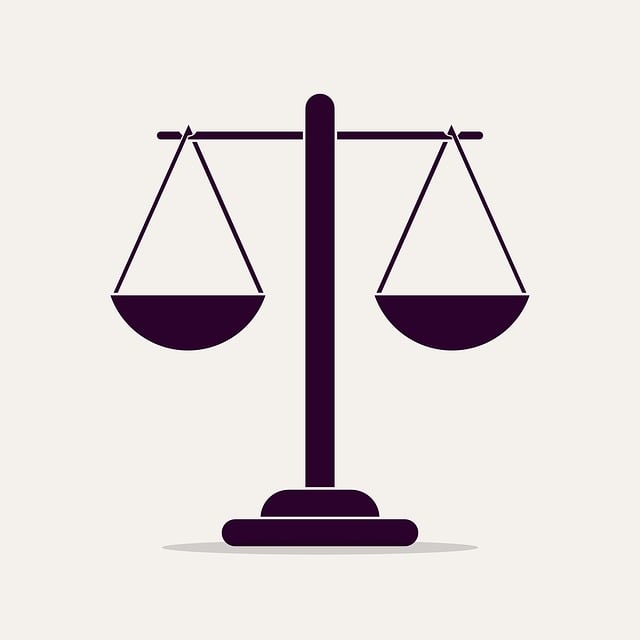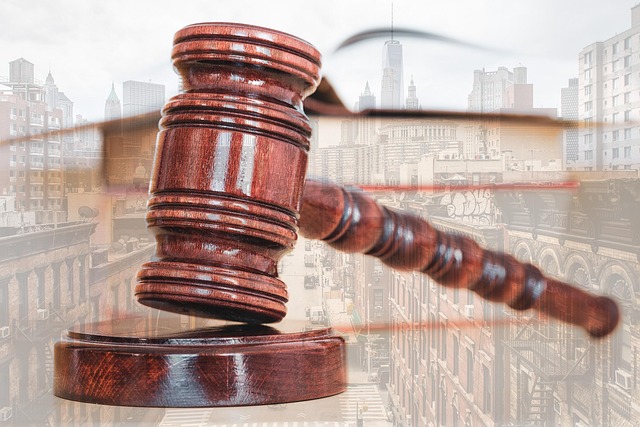Environmental Crime Trials (ECTs) are legal processes that prosecute environmental harm, focusing on deterrence, restoration, and punishment. Post-conviction proceedings are crucial for achieving justice, emphasizing victims' rights, fair trials, and effective legal representation. Defense strategies in ECTs involve advanced arguments, evidence challenges, and witness scrutiny to win verdicts. Sentencing considers ecological damage, balancing environmental justice with individual due process. International cooperation is vital for addressing transboundary offenses, utilizing harmonized legal frameworks and shared resources during post-conviction proceedings to protect rights.
“Environmental Crime Trials: Holding Offenders Accountable for Eco-Offenses explores the intricate legal landscape surrounding these unique cases. We delve into defining moments, from understanding the legal framework governing environmental crimes to examining victims’ rights and restitution processes.
Key aspects include navigating post-conviction challenges, where evidence and appeals play a pivotal role, and sentencing considerations based on environmental impact. Furthermore, we highlight international cooperation’s critical role in addressing transboundary crimes, ensuring global justice for environmental transgressions.
Throughout, the article emphasizes rights during post-conviction proceedings, offering insights into a comprehensive approach to environmental justice.”
- Defining Environmental Crime Trials: Legal Framework
- Victims' Rights: Participation and Restitution
- Post-Conviction Challenges: Evidence and Appeals
- Sentencing Considerations: Environmental Impact
- International Cooperation: Transboundary Crimes
Defining Environmental Crime Trials: Legal Framework

Environmental Crime Trials (ECTs) refer to legal proceedings that address violations of environmental laws and regulations. These trials are a crucial aspect of holding individuals, corporations, and organizations accountable for their actions that harm the environment. The focus is not just on punishment but also on deterrence and restoration. The legal framework governing ECTs varies across jurisdictions, but they are typically governed by criminal law, with specific statutes dedicated to environmental offenses. These laws outline what constitutes an environmental crime, set out penalties, and establish procedures for investigation and prosecution.
The rights of those involved in ECTs, especially during post-conviction proceedings, are paramount. Defendants have the right to a fair trial, effective legal representation, and due process. Achieving winning challenging defense verdicts in ECTs often hinges on complex legal arguments and presenting robust evidence that challenges the prosecution’s case. A general criminal defense strategy may include questioning the admissibility of evidence, raising legal defenses, and examining witness testimonies. Ultimately, the goal is to achieve extraordinary results that not only safeguard rights during these proceedings but also contribute to the broader goal of environmental justice.
Victims' Rights: Participation and Restitution

In environmental crime trials, recognizing and upholding victims’ rights during post-conviction proceedings is paramount. Victims play a crucial role in holding perpetrators accountable and ensuring justice. Participation in these processes allows them to provide impact statements, share their experiences, and advocate for restitution. Restitution, which can include financial compensation or restorative measures, helps address the harm caused by the crime and supports victims’ healing and recovery.
Victims’ rights extend beyond punishment; they encompass support and recognition. This includes the right to be treated with fairness, respect, and dignity throughout legal processes. For corporate and individual clients alike, the ability to participate in restitution negotiations can lead to a complete dismissal of all charges, demonstrating a holistic approach to justice that considers both accountability and rehabilitation.
Post-Conviction Challenges: Evidence and Appeals

After a conviction for environmental crime, the battle is far from over for prosecutors and defendants alike. Post-conviction proceedings present unique challenges, particularly when it comes to evidence and appeals. Defendants, often corporate or individual clients involved in white collar and economic crimes, have the right to challenge their sentences and seek relief from courts. This process involves scrutinizing the evidence presented during trial and arguing for potential errors or misinterpretations that could impact the outcome.
White collar defense strategies frequently focus on appealing verdicts or modifying sentences based on procedural errors, insufficient evidence, or misapplications of environmental laws. The complexities of these crimes often lead to intricate legal debates, requiring careful analysis of scientific data, regulatory frameworks, and prior case law. Ensuring a fair process during post-conviction proceedings is essential to upholding the rights of all parties involved in these high-stakes cases.
Sentencing Considerations: Environmental Impact

When addressing sentencing in environmental crime trials, one key aspect is evaluating the impact on the environment. The severity of the sentence should directly correlate with the extent of the ecological damage caused by the criminal act. This involves considering not just immediate effects but also long-term consequences and recovery efforts required to restore natural balances. Courts often take into account such factors as habitat destruction, water pollution, air quality deterioration, and loss of biodiversity. In high-stakes cases, where the environmental impact is profound, stringent penalties are usually warranted, including substantial fines and prison terms.
The rights of individuals during post-conviction proceedings also play a role in these sentencing considerations. While the primary focus should be on environmental justice, defendants still possess certain due process rights. These include the ability to appeal convictions and argue for a complete dismissal of all charges if there was procedural error or insufficiency of evidence at trial. Ensuring fairness throughout the investigative and enforcement process is vital to maintaining public trust in environmental law enforcement, even as sentences are tailored to reflect the severity of ecological crimes.
International Cooperation: Transboundary Crimes

International cooperation plays a pivotal role in addressing environmental crime trials, especially when it comes to transboundary crimes. As global ecosystems do not recognize national boundaries, so too should the efforts to protect them. When white-collar defense strategies are employed by perpetrators of environmental crimes, international collaboration becomes even more critical. This is because these crimes often involve complex financial networks and illegal transactions that span multiple countries, making it challenging for a single jurisdiction to investigate and prosecute effectively.
An unprecedented track record of successful prosecutions can be achieved through shared intelligence, evidence, and resources. By harmonizing legal frameworks and strengthening diplomatic ties, nations can better navigate the intricacies of white-collar and economic crimes. This cooperation ensures that justice is served not only for individual offenders but also for the rights of communities affected by these crimes during post-conviction proceedings.
Environmental Crime Trials play a pivotal role in holding perpetrators accountable for their actions that harm our planet. By understanding the legal framework, recognizing victims’ rights, and navigating post-conviction challenges, we strengthen environmental protection efforts globally. Sentencing should reflect the severity of environmental impact, while international cooperation ensures transboundary crimes are effectively addressed. During post-conviction proceedings, ensuring the rights of all involved is paramount to foster a just and sustainable future.






